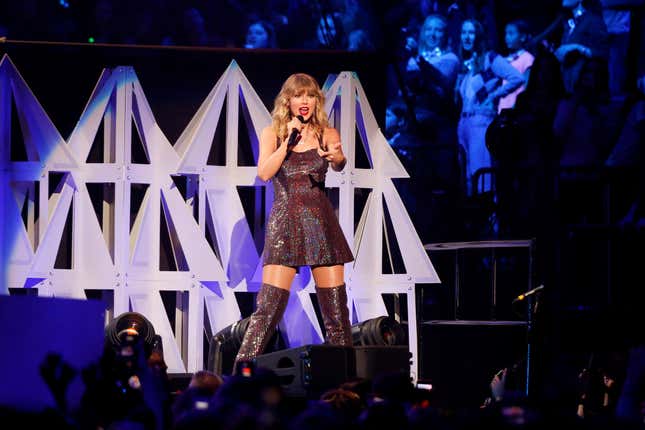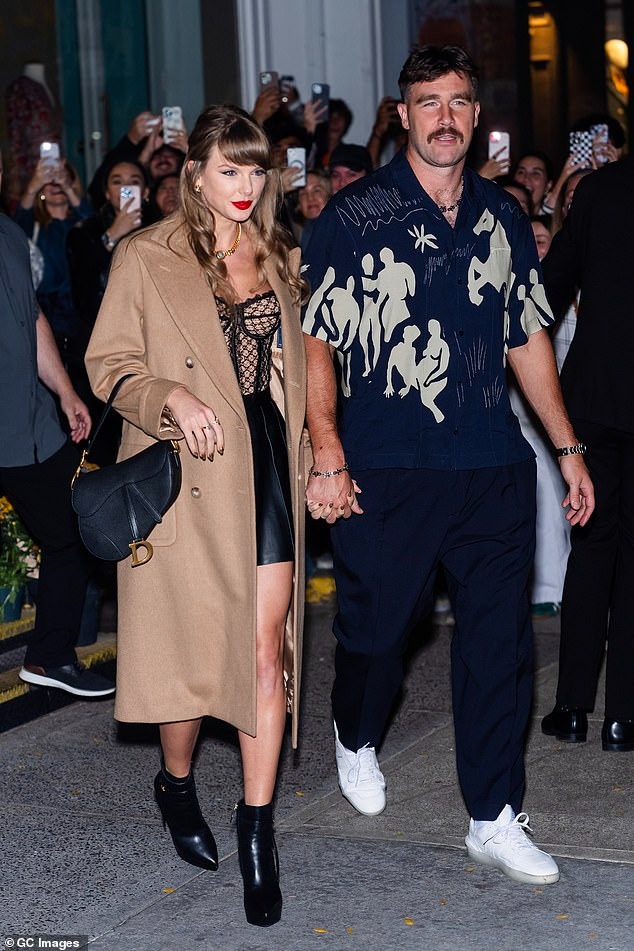
Taylor Swift’s concerts move local economies. The tens of thousands who descend on a city to see the mega star perform can boost spending at local businesses by double digit percentages. Not that this phenomenon is particularly new: Economists have long written about the potential large spillover effects of popular music concerts.
Singapore, more than eager to benefit from the economic effects of Swift concerts, came up with a shrewd strategy. The city-state struck an exclusive deal with Swift to have her perform only in Singapore and forgo all neighboring locations on the Southeast Asian leg of her tour. Thanks to the deal — which reportedly pays Swift almost $3 million per show, though Singapore has disputed that amount without confirming details — Swift has six concerts lined up in Singapore from March 2 through 9. Her performances are expected to give the Singaporean economy a $370 million boost, according to one estimate.
A savvy Taylor Swift business transaction
Southeast Asian neighbors were understandably peeved when they learned of the Swift-Singapore arrangement. A Philippines lawmaker said it was “not what good neighbors do.” The Thai prime minister was the first to publicly call attention to the deal, though Bangkok has since clarified that the remarks were not criticism, but rather meant to “admire and compliment Singapore.” Meanwhile, fans in the region have grumbled about needing to shell out on airfares and hotels to fly into Singapore to see Swift perform.
Swift’s music empire depends on attracting new fans and keeping existing ones. Given her reputation as a savvy businesswoman, she and her team presumably calculated that the benefits of taking Singapore up on its deal outweighed the drawbacks. And in the free market in which pop concerts operate, the highest bidders get to call the shots.
Singapore’s and Taylor Swift vs. Hong Kong and Lionel Messi
Singapore’s strategy stands in stark contrast to neighboring Hong Kong’s bumbling attempt to draw global stars to the city.
Last month, the Hong Kong government threw a high-profile tantrum after Argentinian soccer player Lionel Messi — who was nursing an injury — sat out of a friendly match between Inter Miami and a local team. A local lawmaker said Messi’s no-show was the result of a political conspiracy meant to snub Hong Kong, and even suggested banning Messi from ever setting foot in the city again. Chinese state media jumped into the fray, too, further whipping up nationalist sentiment and demanding an apology from Messi. The soccer player eventually issued an apology via video on Chinese social media.
For sports and music stars considering tours in Asia, the Swift and Messi episodes likely serve as useful reference points for where best to focus their efforts.
Singapore rolled out the red carpet for a star performer. Hong Kong saw red when a star player sat out of a match.



